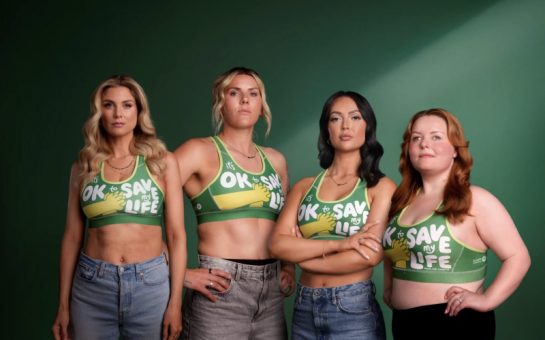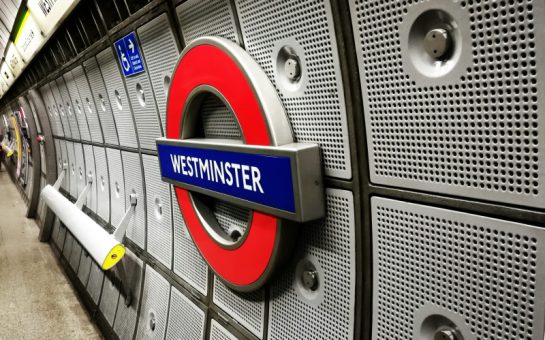Sexism is still a problem in local government according to the leader of Kingston Council.
Speaking on International Women’s Day, Councillor Liz Green said: “I know of some women in senior positions in local government, not in Kingston, who do suffer at the hands of sexism and bullying in meetings from male counterparts.
“It does still happen.”
Ms Green said that it was difficult for her to assess whether sexism in politics was diminishing, as she had not experienced it first-hand.
“The first time I meet with somebody if they show any signs of a ‘there, there dear’ type attitude I just shoot them down immediately,” she explained.
“People can say what they want about policies, that’s all fair game, but if they’re doing it because of my gender then I’m just not going to take it.”
Ms Green also contended that women were more likely than men to suffer from online abuse.
“Unfortunately the sexist idiots out there will abuse on social media,” she said.
Yesterday Work and Pensions Secretary Amber Rudd told BBC Radio 2’s Jeremy Vine that female MPs receive worse social media abuse than their male counterparts.
Ms Green, who presides over a majority-female council, argued that the problem would be best contested by increasing the number of female politicians.
“The more women you get into it, the less it becomes a thing,” she said.
“Picking on somebody on social media because they’re a woman, if there’s a shed-load of female politicians out there, people will go, ‘Why are you doing that? That’s just normal’.”
25 of Kingston’s 48 councillors are women.
But figures released by Parliament this week show that the proportion of female councillors nationally is just 34%. The proportion of female MPs is 32%, the highest ever.
Ms Green said she was disappointed that her council’s female-majority status stands out. “It should be so normal that nobody even blinks an eye,” she said.
She contended that the key to getting more women involved in politics is asking them.
She said: “Women have to be asked: ‘Will you stand? This is why I think you should stand. This is what you can achieve if you do stand.’”
The case of Kingston bears out the efficacy of this approach, argued Ms Green, who said that the balance of her council was the product of actively encouraging numerous female candidates.
She suggested that politics’ confrontational public image, conveyed by programmes such as Question Time and Prime Minister’s Questions, “particularly turns off women, who want to get something done, rather than just shout at each other.”
And the election of women builds its own momentum, Ms Green argued.
She said: “Once you get more women in it changes the tone in the county chamber.
“So it becomes self-fulfilling: the more women you get in, the less you get the shouty politics, the more people realise that it’s not all like Question Time, and so it continues.”




